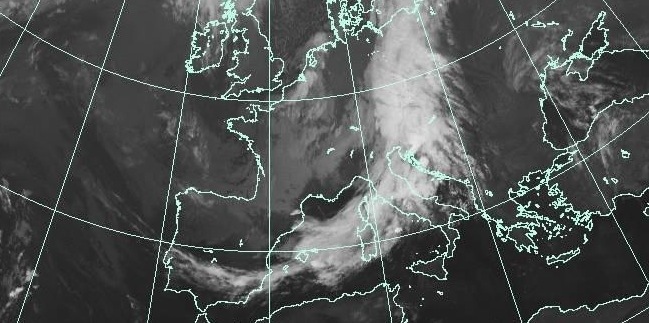Every time the EU is shaken by a crisis, calls for further integration become the usual recipe. Barroso’s bold proposal to set-up a Federation stands as the latest example of this temptation to escape from a nasty reality into future dreams.
Will Europeans, struggling to survive in an adverse environment, engage themselves wholeheartedly in this new crusade? Not likely if you consider that wide disaffection for Brussels policy-making is in the air. No wonder. When a truck breaks down all its driver wants is to ensure goods are safely hauled to destination, brushing away any invitation to take on board additional load.
The current crisis has exposed the weakness of a roof-less monetary union vulnerable to large divergences in competitive and fiscal performances, which is a politically correct way to describe what emerges as full-fledged disarray fuelled by reckless financing conducts and sheer disregard for basic economic principles.
The boom years provided the false impression that you could live forever on cheap credit, no matter the size of the imbalances you indulged into. Then, all of a sudden, doubts on debtors’ ability to honour their commitments snowballed into a collapse in confidence. Risk premium has become the new gold standard turning life into a nightmare for those singled out as potential lame ducks.
Extensive rescue packages have failed to revamp ailing economies, austerity only turning things worse by denting demand. Only when the central bank has stepped in showing its determination to bite, instead of merely barking, the markets have refrained from challenging the Euro. This move coupled with the banking union will take away much of the excessive steam that threatened to implode the monetary union.
But getting rid of foreseeable problems ahead requires a firm will by all Euro countries to perform their homework, and a lot of political courage in implementing far-reaching reforms to restore competitiveness.
In the absence of growth, no troubled economy will square its public finances. Talks about a common Treasury, Eurobonds or enhanced fiscal co-ordination will simply pay lip service should governments skip the painful duty to downsize spending and increase flexibility in every market.
Europe’s shortcomings would be better served by behaving more seriously. Fuelling a debate on Federalism might unleash a fierce reaction from irrational nationalist and populist forces.
While acknowledging this stands as a real hurdle, it also shows the merit of promoting the idea that only a better run EU level discipline can dispel the looming danger of wavering solidarity, ultimately leading to disintegration. One doubts this cause is better served by providing such an easy target to those opposing any sensible approach to pool together efforts in solving common problems.
The last thing we need now is getting entangled in sterile disputes over the principle of sovereignty transferral to Brussels. Just do it whenever warranted.







Be the first to comment on "Do we need more Europe?"